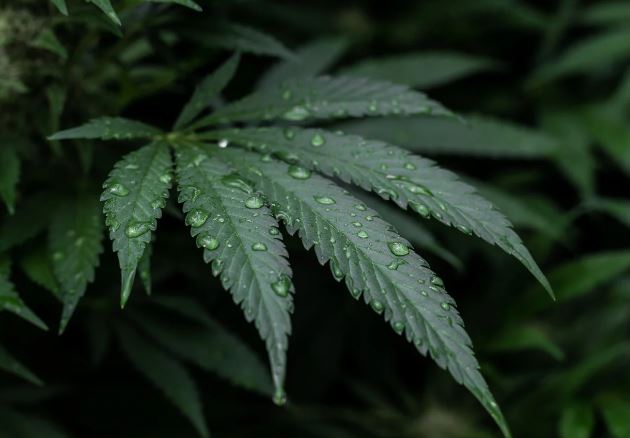United States: Proposed Reclassification of Marijuana by the DEA
On May 3, 2024, the US Drug Enforcement Administration (DEA) initiated a proposal to reclassify marijuana as a less dangerous drug. This proposal, backed by the Justice Department, aligns with President Joe Biden’s directive to the US Department of Health and Human Services (HHS) and the Attorney General to review marijuana’s classification.
What does the DEA’s proposal involve?
The DEA’s proposal aims to move marijuana from Schedule I to Schedule III, recognizing its medical uses but not legalizing its recreational use. This reclassification would ease some federal restrictions and has implications for research, business taxation, and more, though it does not impact the legality of recreational marijuana or directly release individuals jailed for marijuana offenses.
Will reclassification make recreational marijuana legal nationwide?
No, the reclassification of marijuana to Schedule III does not legalize it for recreational use. While Schedule III drugs have approved medical uses and less stringent storage and handling rules compared to Schedule I drugs, they remain regulated substances susceptible to federal prosecution if trafficked illegally.
How will the reclassification impact research on marijuana?
Moving marijuana to Schedule III will facilitate easier conducting of authorized clinical studies, as currently, Schedule I classification creates significant barriers to research. This change could potentially allow researchers access to state-licensed dispensaries and affect how the Federal Food and Drug Administration oversees these studies.
What are the implications for taxes on marijuana businesses?
Businesses dealing with Schedule I substances, including those handling marijuana currently, cannot deduct common business expenses leading to high effective tax rates. With the proposed reclassification, marijuana would be treated like other Schedule III substances, enabling businesses to deduct expenses like rent and payroll, substantially reducing their tax burden.
What do critics say about the reclassification?
Critics, including Kevin Sabet of Smart Approaches to Marijuana and Kaliko Castille of the Minority Cannabis Business Association, argue that the reclassification is either scientifically unfounded or insufficient, as it does not legalize the drug or significantly alter its federal status, continuing a semi-prohibited status which might perpetuate misunderstandings regarding its legality and ongoing criminal prosecutions.
What still needs to happen for this reclassification to take effect?
The proposal is undergoing a rigorous review process, including evaluations by the White House Office of Management and Budget, a public comment period, and scrutiny by an administrative judge. This procedure is expected to take significant time before any final decision is made.
Will this change help marijuana businesses with banking issues?
While the reclassification might lower taxes for marijuana businesses, it does not directly resolve banking challenges such as accessing loans, since banks remain cautious due to the drug’s legal status. The industry continues to advocate for the SAFE Banking Act, which aims to provide clearer, federal guidance for banking with cannabis businesses.
Month: Current Affairs - May, 2024
Category: International / World Current Affairs






